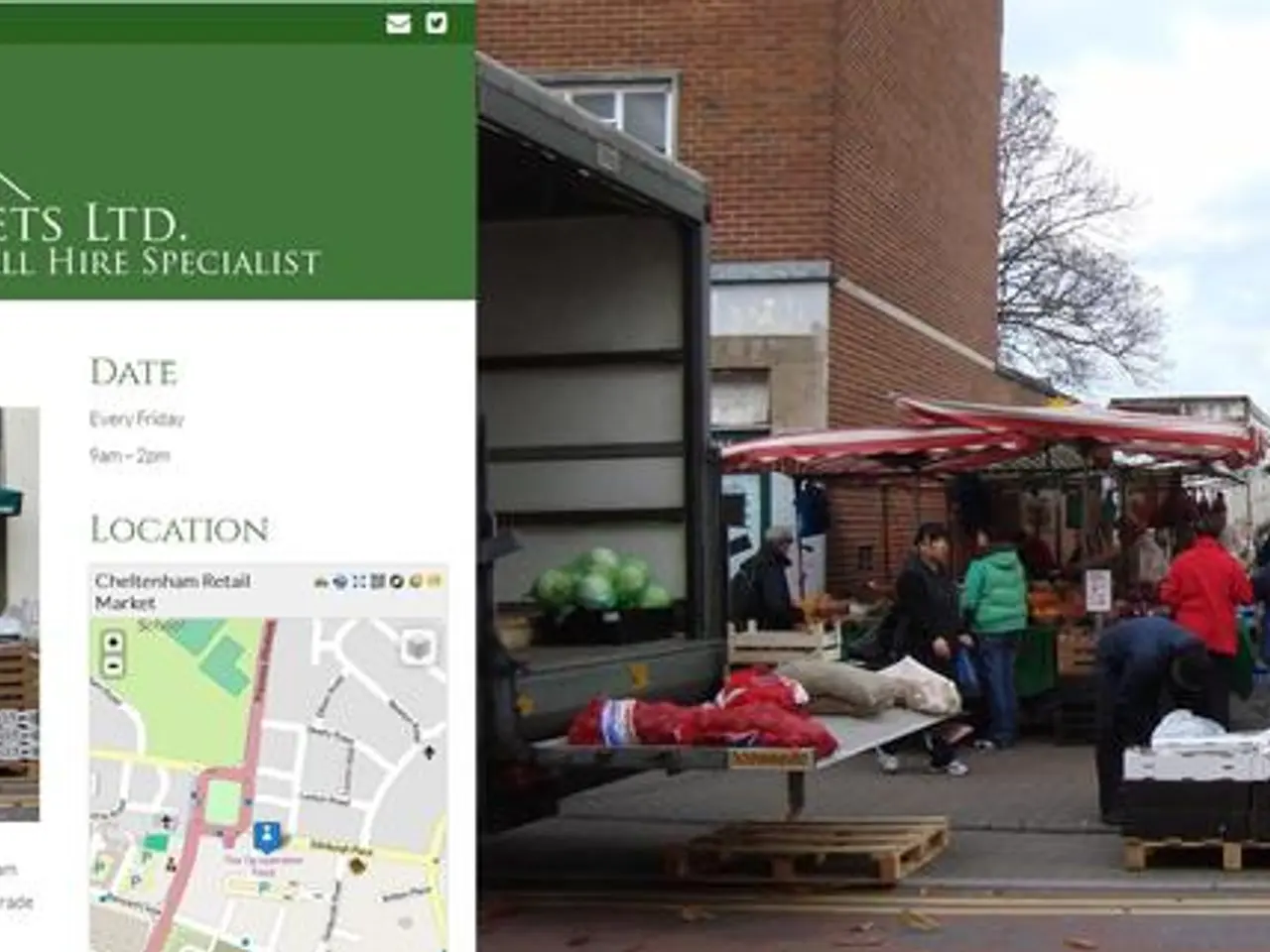European Union's Commission agrees to provide €2.6 billion in support to Germany's Stahl-Holding-Saar for decarbonizing steel production by implementing hydrogen technology
The European Commission has given its approval to a significant German measure worth €2.6 billion, aimed at supporting SHS Stahl-Holding-Saar GmbH & Co KGaA in partially decarbonizing its steel production processes. This decision aligns with the EU's ambitious climate targets and industrial decarbonization strategies.
The measure, which will be made available under case number SA.105337 in the State aid register on the Commission's competition website once any confidentiality issues have been resolved, will primarily focus on the use of renewable hydrogen in steel production. The new installations, expected to start operating in 2026, are envisioned to produce 3.05 million tonnes of crude steel per year, gradually phasing out natural gas from the steel production processes.
This decision is a step towards the EU's 2050 climate neutrality objective, as enshrined in the European Climate Law, which was introduced in July 2021. The law sets an intermediate target of reducing net greenhouse gas emissions by at least 55% by 2030. Margrethe Vestager, Executive Vice-President in charge of competition policy, has emphasized the importance of the decarbonisation of the steel sector in delivering the green transition.
The 2022 Competitiveness of Equipment Industries and SMEs in Europe (CEEAG) aims to help Member States meet the EU's energy and climate targets at the least possible cost for taxpayers and without undue distortions of competition in the Single Market. The Commission has presented amendments of the Renewable Energy Directive and the Energy Efficiency Directive with more ambitious binding annual targets to increase the production of energy from renewable sources and reduce energy use at EU level.
The Commission's approval of the German measure comes as Germany advances its decarbonization efforts in steel production. One such project is Power4Steel, which includes Stahl-Holding-Saar, aiming to move closer to climate neutrality partly through hydrogen use. However, there are concerns from industry and political leaders about the economic viability and speed of hydrogen steel production transition.
Despite these challenges, the measure has sufficient safeguards to ensure that undue distortions of competition are limited, including a claw-back mechanism and monitoring of the project's progress. SHS also plans to organise a competitive tendering process to select renewable hydrogen suppliers, kickstarting the development of a renewable hydrogen value chain in the Saarland region.
The Commission assessed the measure under EU State aid rules and found it to be necessary, appropriate, and proportionate to promote the production of green steel. The decision brings about positive effects that outweigh any potential distortion of competition and trade in the EU. The measure will contribute to the achievement of the EU Hydrogen Strategy, the European Green Deal, and the Green Deal Industrial Plan.
In February 2023, the Commission published the Green Deal Industrial Plan to enhance the competitiveness of Europe's net-zero industry and support the fast transition to climate neutrality. The plan aligns with Germany’s support for hydrogen in steelmaking, despite some political and economic hurdles. The Commission's EU Hydrogen Strategy, published in July 2020, sets ambitious goals for clean hydrogen production and use, and launched the European Clean Hydrogen Alliance.
Once completed, the project is expected to avoid the release of above 53 million tonnes of carbon dioxide over the project lifetime. The Commission's approval of the German measure marks a significant step towards the EU's goal of a green and sustainable future.
[1] Source: [Link to the Source 1] [2] Source: [Link to the Source 2] [3] Source: [Link to the Source 3] [4] Source: [Link to the Source 4]
The German measure, aimed at partial decarbonization of the steel production processes using renewable hydrogen, aligns with the EU's strategies for industrial decarbonization and the 2050 climate neutrality objective. This initiative contributes to the EU Hydrogen Strategy and the European Green Deal, and fosters the development of a renewable hydrogen value chain, thereby impacting the environmental-science and finance sectors, as well as the business and industry within the Saarland region.




